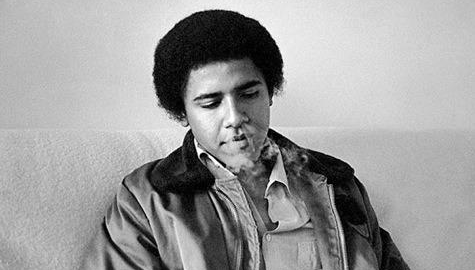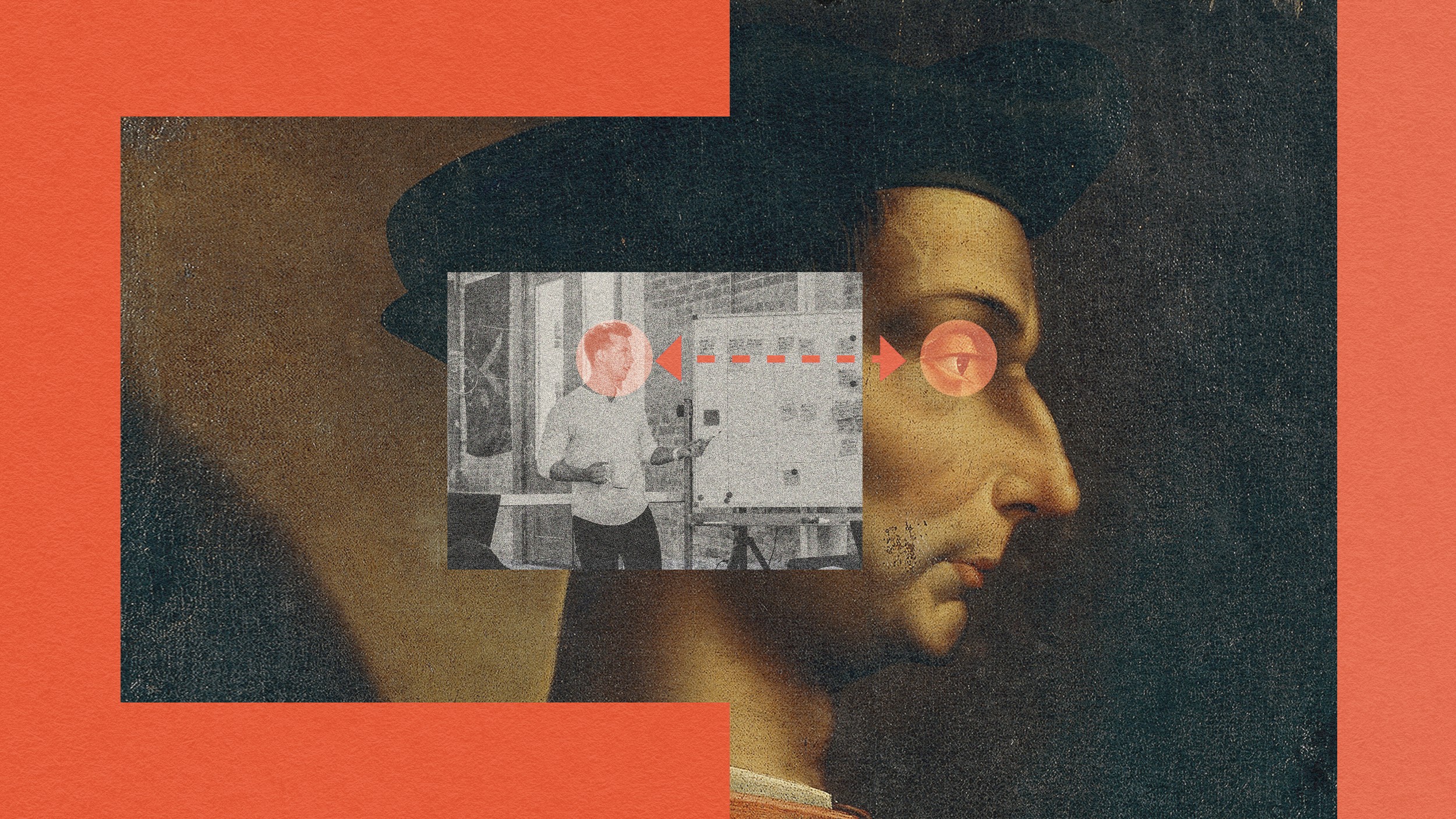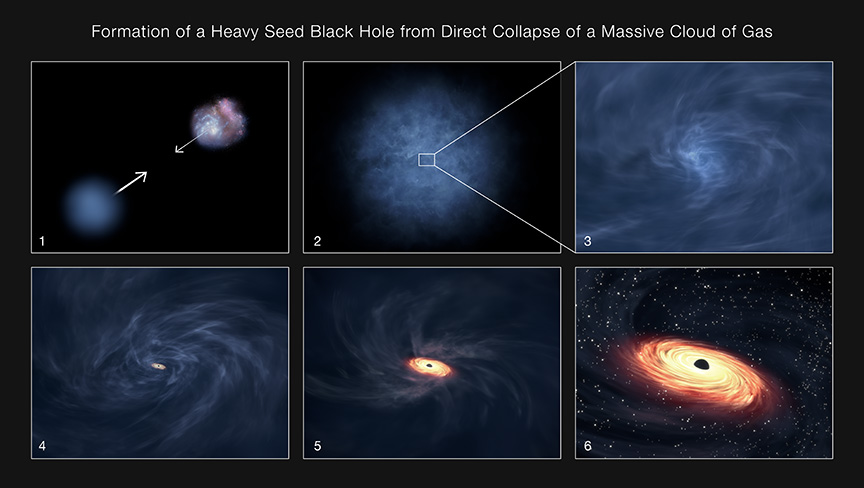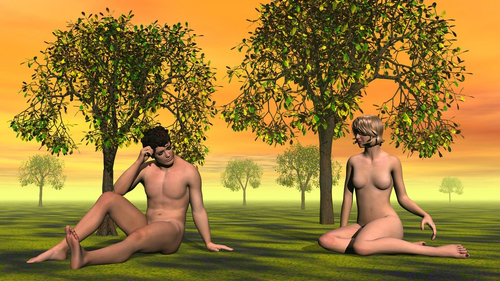B.H. and T.S.—Part 2

So of all the sundry commentaries on young Obama as literary man, the one that’s impressed me the most (except, of course, for my own) is the one by the liberal literary critic Adam Kirsch. Mr. Kirsch connects the musings of young Obama to the great themes of political philosophy:
But the affinity with Eliot goes deeper than mere style. Mr. Obama speaks respectfully of Eliot’s “reactionary” stance, because he sees that “it’s due to a deep fatalism, not ignorance.” That is, Eliot, like so many of the greatest modern writers, thinks of liberalism as an inherently shallow creed, because of its inability to reckon with the largest things — death and the meaning of life. Since Hobbes, liberalism has been defined as a form of government designed to preserve us from violent death. But death, Eliot reminds us, can’t be avoided, and the trivial concerns of everyday life are just a distraction from that ultimate truth.
That’s the import of the mocking lines from the poem Mr. Obama cites, “Four Quartets”: “O dark dark dark. They all go into the dark,/The vacant interstellar spaces, the vacant into the vacant,/The captains, merchant bankers, eminent men of letters. …”
It is rare for a politician to give the sense that he has genuinely encountered this kind of “fatalism,” or despair. After all, politics in a liberal democracy is all about the distribution of worldly rewards; to believe with Eliot that such rewards are essentially futile is to nullify the whole purpose of politics. Mr. Obama’s ability to recognize the poetic truth of Eliot’s conservatism, while still embracing the practical truth of liberalism, is what makes his letter not just a curiosity but also a hint at the complexity of his mature politics.
Yet the vicissitudes of his presidency prove that possessing an ironic, literary mind is not necessarily a help when it comes to day-to-day governing. The big revelation of the Obama presidency, for intellectuals, is that his authenticity and irony have not succeeded in making him a transformative figure — that the quality of the president can’t be directly deduced from the quality of the man.
So what’s wrong with bourgeois or Hobbesian liberalism is that its foundation is fear of one’s own death. It lacks both truth and depth because it’s obsessed with avoiding what’s unavoidable, with not facing up to both personal contingency and personal mortality. According to Eliot in “Four Quartets,” we all seem to exist for a moment as kind of accidents in the vacant interstellar spaces that provide no support and no meaning for our particular existences. So all human distinctions are meaningless in light of our cosmic insignificance. Captains, merchant bankers, eminent men of letters all equally and quickly go into the dark, and what they do is nothing in light of the eternity of meaningless matter and space. The pride that puffs up ephemeral human accomplishments is overwhelmed by the democracy of the dead.
If you can’t face up to who you are, then it’s impossible to give or find meaning in what you think and what you do. So bourgeois lives are nothing more than a series of restless, meaningless diversions that end only in death.
Mr. Kirsch is wrong, however, to equate fatalism with despair. Obama actually called Eliot’s insight stoic. Fatalism means finding meaning in accepting and living well with what we really know about who each of us is. And fatalism itself is only one aspect of B.H. and T.S or, for that matter, Stoics such as Marcus Aurelius or Atticus Finch or John McCain. Rational men and women are still called to do what they can to assume responsibility for human life being as just and as humane as it can be. Fatalism is no excuse for being amoral or withdrawing from political life.
Obama, in fact, distinguishes his fatalism from Eliot’s: He refuses to lose himself in the “reactionary” mood that attributes too little significance to political action.
There are, we might say, three basic moods in Western thought: The fatalism of philosophic insight. The hope in salvation by a loving and gracious Creator by the Christians. Our hope (that perhaps originates in Hobbes) that we can achieve what the Christian God promised for ourselves through some combination of political and technological transformation. We can note that our president seems tonedeaf to that second form of hope, and there’s no reason to believe he’s evolved (as Eliot did) in its direction over the years.
We can also agree with Kircsh that our president has failed to become a transformative figure, to become in his example and accomplishments the hope we can believe in.





